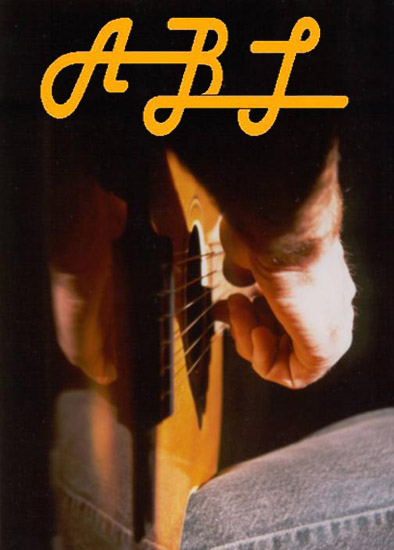We played there and rocked! We were great! Not as great as we would have been if we'd had our regular drummer. And bass player. But we still rocked!
And they didn't call us back for another gig. Why?
I guess I forgot to get them the promo material and info they wanted ahead of time. Hey, I was busy working and rehearsing and playing other gigs.
Well, yeah, not too many of our fans were there, but it was a long way for our fans to go. The club is supposed to have their regulars there. They'll become our fans.
OK. So the folks who were there didn't get into our music. They just haven't come on board yet. They will, if we play there enough.
Alright. They told us to turn down the volume. Three times. But that's the way we play. The management is just a bunch of old fogeys who don't like music.
Oh, right. There was a lot of hassle with the date. We had it booked then had to change it because we got a better gig. But it only happened twice.
So we were late. It was no big deal. We have day jobs and had to load up and race down there and traffic was really bad and we got lost once. You see, it really wasn't our fault we were late.
Do you believe they wouldn't feed us? Or give us more than 1 drink per set? Do they think we can live on air? It takes energy to perform like we do. And we came there straight from work, so how do they expect us to play on an empty stomach. It wouldn't have cost them anything to feed us.
And they expected us to keep our breaks to 15 minutes. How can we go out and buy food and eat it in only 15 minutes?
And back to the regulars. They expected us to take requests. We don't do requests. We have set lists. We like to do our originals, not those old songs that everyone's heard forever.
So we spent our breaks in the green room. No point in going out and talking to those losers. Plus we had to teach the bass player the chords for some of our songs.
We set out a tip jar and mentioned it between every song, but we didn't get tips. So we told the manager that we needed to get more money than we agreed to because there were no tips. And, I wasn't yelling. I just project my voice really well.
We kinda left a mess on the stage and in the green room when they wouldn't cough up more money. We're not going to play for peanuts then clean the place for them. It's okay. They've got people there who get paid to clean up.
I just don't understand why they didn't call us back for another gig. We rocked!

